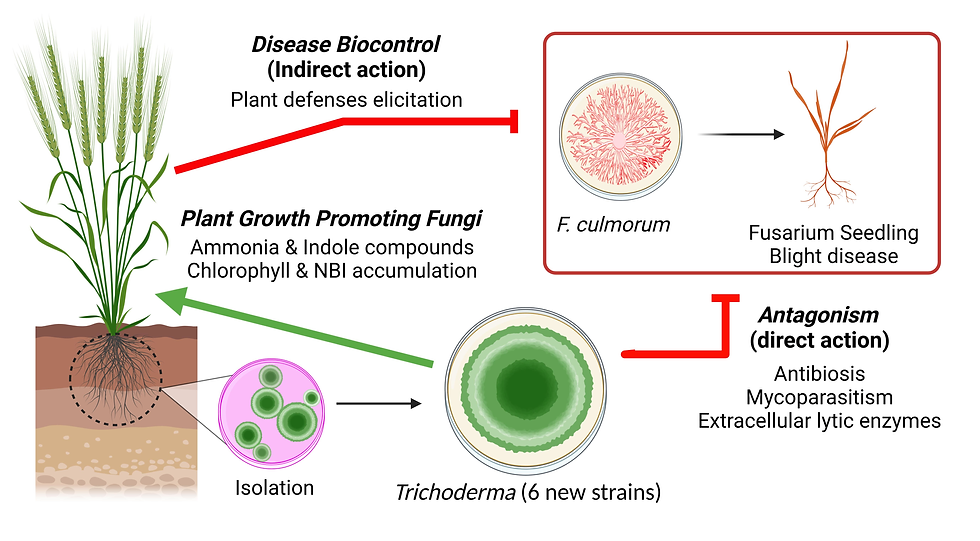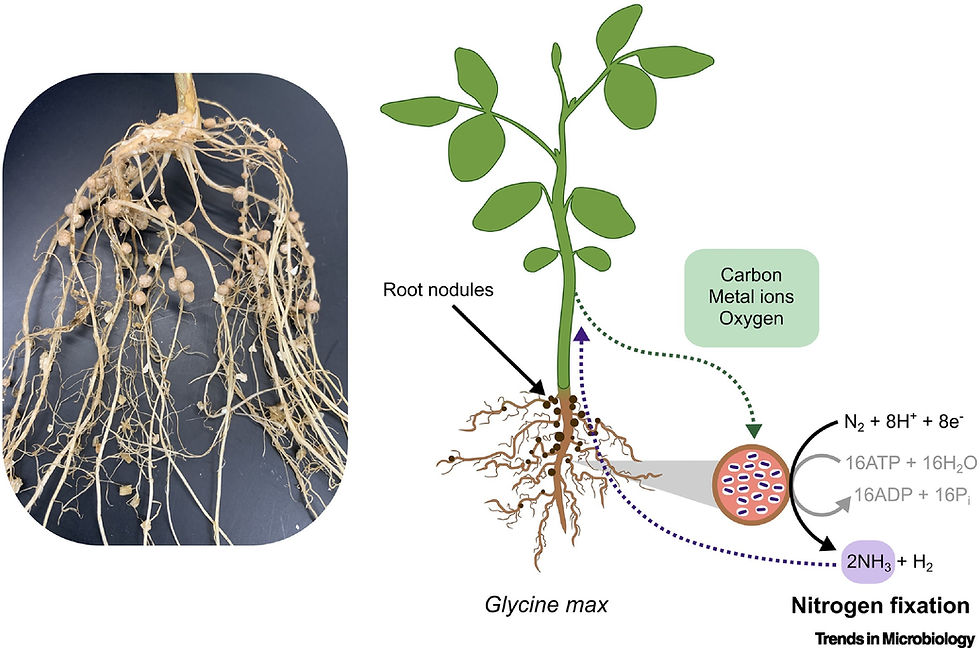A look at the case of Sikkim, the world’s first fully organic state
- Miguel M.LS.

- Aug 23, 2021
- 2 min read
Updated: Dec 19, 2025
In the struggle to transition to a greener, healthier world, every single victory is a victory for the planet as a whole. Efforts of supranational organizations such as those of the European Union and the FAO are inspiring, but there’s yet nothing quite like a victory to prove that transitioning to better models of agriculture can be done on a large scale. Such is the case of the Indian state of Sikkim, sitting on the slopes of the Himalayas.

The Prime Minister of India, Narendra Modi, and Sikkim's Chief Minister Pawan Kumar, review the state's agricultural products in 2016, one year after it declared its complete transition to organic agriculture.
Since the year 2003, and under the then Chief Minister Pawan Kumar Chamling, the state began implementing an energetic policy of doing everything in its power to pursue an ambitious goal: completely switching to organic agriculture. In that year, and after its inaugural speech for the program given in the State’s Legislative Assembly, the government took drastic first steps by directly banning the import and export of synthetic fertilizers and pesticides, at the same time it reduced gradually the state’s subsidies for their production within Sikkim itself. This was accompanied in 2010 by the formation of the Sikkim Organic Mission (SOM), which became the governmental office dedicated exclusively to the implementation of organic policies state-wide. By the early 2010s (2010-2014), the government implemented a full ban on the use of synthetic fertilizers and pesticides, which is coupled with massive investments into the production of organic fertilizers at a community level, and the creation of cooperatives to organize the commercialization of the farmers produces. Among its policies, the government also began widespread training programs and intensive awareness campaigns of the new official agricultural stance of the State.

Tea-producing slopes in the district of Namchi, South Sikkim. The state has seen a substantial increase in agrotourism and the services industry since its transition to organic agriculture.
Though there have been challenges to the implementation of 100% organic farming (and there still are), the complete commitment of the government to the organic transition proved fertile, when Sikkim has officially declared a completely organic state in 2015. By 2018, three years later, the claims were corroborated by the Food and Agriculture Organization of the United Nations, officially confirming the success of the programs.
The lesson from Sikkim’s policymakers to the world, independently of each nation and region’s special circumstances for the implementation of organic policy (Sikkim had it easier due to its relatively low usage of synthetic fertilizers and pesticides in the first place, but not so easy if we consider the resources available for one of India’s smallest-GDP states), would seem to be that a consistent and continuous stance of complete government support is essential for a massive transition to a greener world. A greener and a richer world too, as Sikkim expects no less than sixty-six thousand families to reap economic benefits from their transition to organic agriculture.



Check books will be dispatched inside 3 working days from the date of solicitation how to apply cheque book in sbi. Simply sign on to retail segment of the Internet Banking webpage with your accreditations and select the Check Book connect under Requests tab. You can see all your exchange accounts.